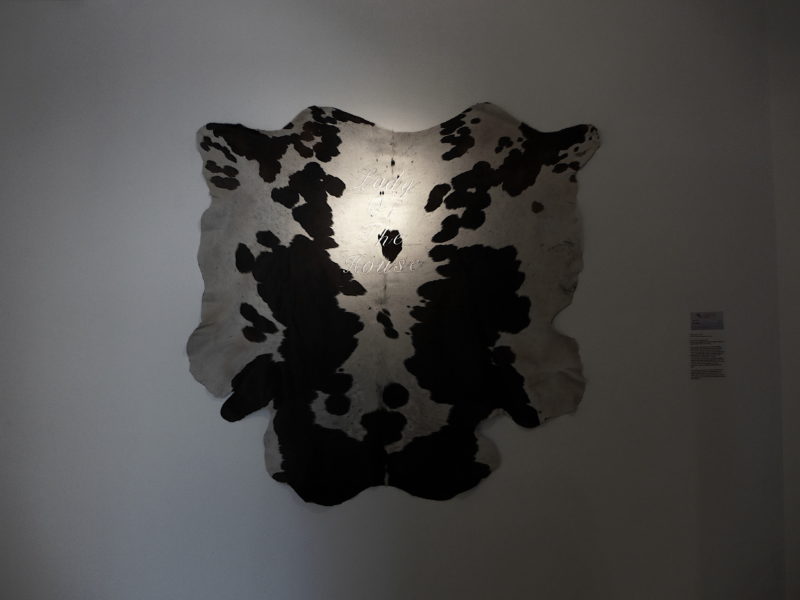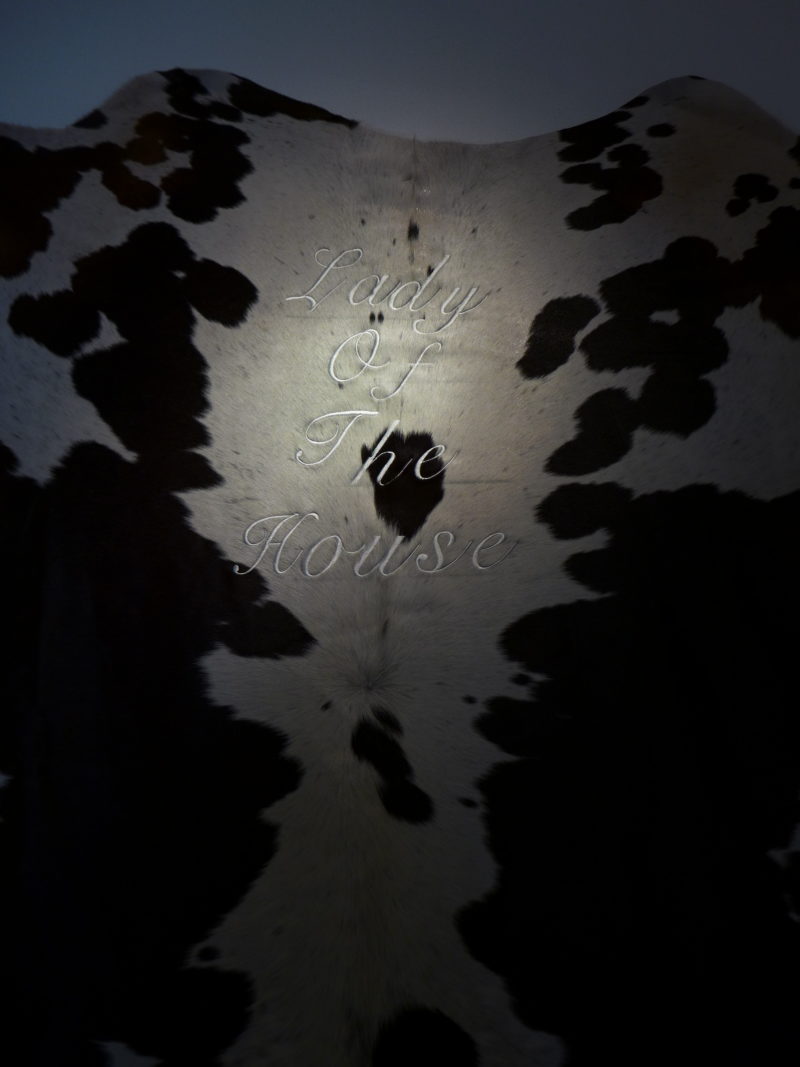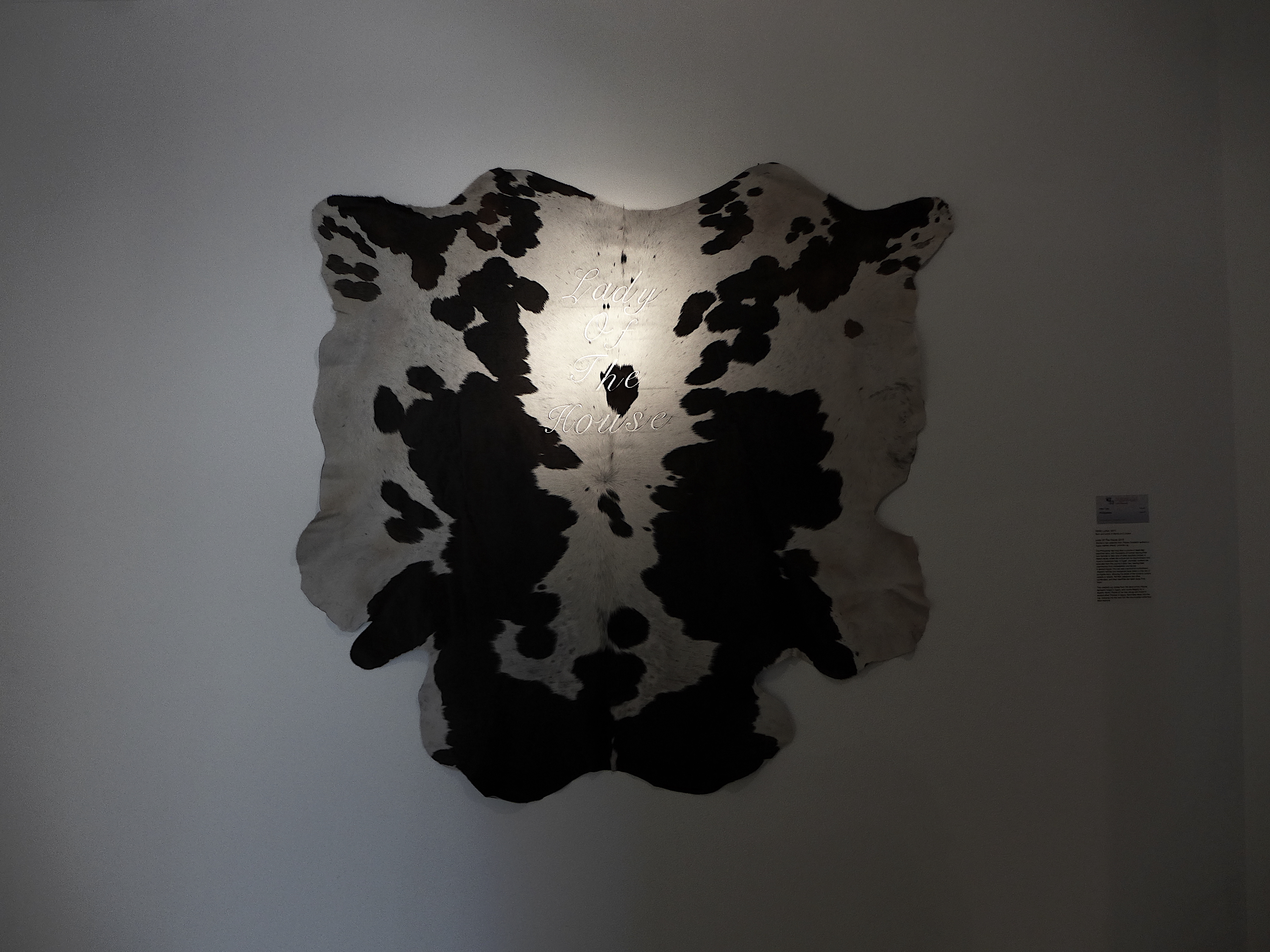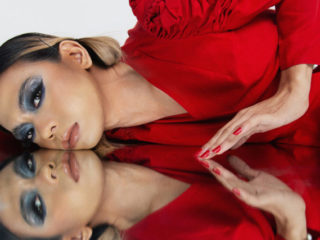

According to the Philippine Statistics Authority, there were around 2.3 million Overseas Filipino Workers (OFWs) who worked abroad during the period of April to September 2018. Of these, Overseas Contract Workers (OCWs) with existing work contract comprised 96.2 percent, and the rest worked overseas without contract.
PSA also cites that at 55.8 percent, there were more females than male OFWs. In terms of occupation groups, majority of OFWs do elementary occupations (37.1 percent). The International Labour Organization defines elementary occupations as “simple and routine tasks which mainly require the use of hand-held tools and often some physical effort.” This includes selling goods in streets and public places, cleaning, washing, taking care of houses, hotels, offices, and other buildings, delivering messages or goods, collecting garbage, sweeping streets and similar places, as well as performing various simple farming, mining, construction and manufacturing tasks. PSA’s report says that 58.7 percent of the female OFWs were in elementary occupations.
In April to September 2018 alone, the total remittance sent by OFWs was estimated at P235.9 billion.
These hard facts show what we already know. OFWs have long been dubbed as the “bagong bayani”—a worthy title that sadly doesn’t begin to make up for their hardships. For the longest time, the Philippines has been a source of cheap labor for other countries. Every year, thousands of women leave their own families to take care of other people’s children. Vulnerable due to their position in society and distance from their homes, many succumb to the threat of exploitation, if only to grab whatever chance they can to try and get their family out of poverty.
This tragic reality is explored by artist Nikki Luna through her art piece Lady of the House, a cowhide rug with the hair of Filipina domestic workers in Egypt sewn into it; “blending into the cow hair like the invisible cattle they have become.” Shown at the Cairo Biennale in Egypt, Nikki’s work was especially inspired by the story of a Filipina domestic helper who works illegally for a wealthy family. “In Egypt, domestic workers are excluded from the country’s labor law, leaving them unprotected from mistreatment and abuse,” the artist’s statement reads. “Their passports are often confiscated, and their identities are taken away from them.”
Nikki tells us, “I was drawn to the woman, the Filipina who remains burdened and invisible. The stories they have shared with me from their passports being confiscated, their phones and some even their identities taken away.” She explains that many women are given new passports with new names, and since they do not have the proper legal documents, their employers easily take advantage of them. “Sadly these stories become ‘just’ another story. Because people do not hear about them, they tend to believe these abuses to Filipino women have disappeared.” So even though Cairo Biennale pushed them to look beyond the geo-politics of the Middle East, she was resolute that her work will focus on the plight of undocumented Filipinas domestic workers in Egypt. Deciding on the medium, however, took some time.
“I was hoping to use something from them. First I thought of the comb, then in my conversations with them, one recounted seeing this beautiful cattle rug,” she shared. “That was when I thought of the concept to use their hair, something as invisible, personal and yet can prove a person’s DNA. And of course the symbolism of the cow/cattle.” The artist notes that in ancient Egypt, the cow was a symbol of motherhood.
In terms of the work process, she said it took her six months to finish the piece. However, she stresses that collecting hair and finding a weaver to sew in the hair on the cowhide rug was the easy part. “The most challenging [part], similar to many of the works I have done in the past, revolves around the conversations. You become attached to them and their stories, it becomes a part of you,” she said. “The accountability of being an artist [and] what you’re supposed to do with the stories they have shared becomes the most crucial part.” She also admits that the feeling of not being able to do as much as she would have liked haunts her. “It is emotionally heavy since as an artist you are also limited with what you can do for them.” Nikki says that according to the Filipina domestic worker who works illegally for a wealthy family, “no one really listens to their stories anymore… She said not even our own government agencies do anything with the illegal recruiters/agencies who threaten the workers to stay despite the abuses because they have been paid for by employers.”
https://www.instagram.com/p/BxdCNXbFq9h/
She further shares that the women she spoke with told her to “please share my story, protect my identity because they might kill me, but let others know what we go through.” In these cases, Nikki admits, “All you can really do is lend an ear and give all your heart for them.”
She also acknowledges that despite the attachments they’ve forged, she knows that eventually, she will have to part with them. “That has always been heavy for me, it leaves me questioning my privilege to go in and out of their lives and back to my own, while they continue to live with their struggles.”
However, Nikki says she tries to stay in contact with them. In fact, the women who contributed in giving their hair saw her final work, and felt proud they at least were a part of something great. “They could not believe their actual hair is sewn into it and that they love how art could be many things.”
As for the Filipina domestic worker who inspired her, Nikki says she still supports her family. And though she feels overworked and trapped, she says she still feels her situation is a bit better than others. “When she tells me these things, I am not sure what she means by better off than the rest,” Nikki claims. “Sadly, she is just thankful for being alive or not being abused physically like the others. Her illegal status will keep her up at night and the uncertainty [of] her safety is something she’s trying to live with.”
We pray that Nikki’s art will pave the way for more people to know about the stories of these true heroes, and help free them from the tragic reality they’re living in.
***
The exhibition will be up until Aug. 10. For more info, visit Cairo Biennale’s page
Photos by Nikki Luna
For the latest in culture, fashion, beauty, and celebrities, subscribe to our weekly newsletter here
Follow Preen on Facebook, Instagram, Twitter, YouTube, and Viber
Related stories:
Artist Nikki Luna Turns Bones Into a Political Statement
This art exhibit features Imelda Marcos’ pumps being reduced to ashes
Lucy Liu’s artworks will be on display at the National Museum of Singapore
Sal Ponce Enrile gets candid about leaving the world of politics for art


